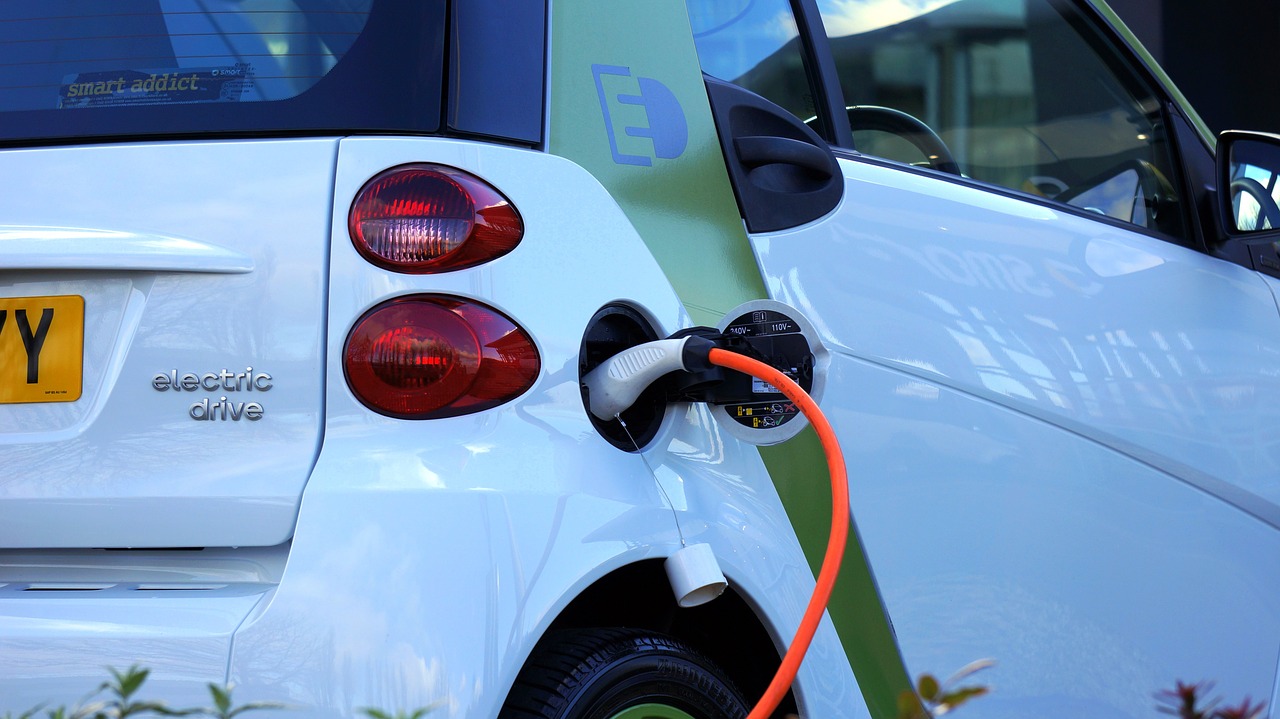While petrol prices are reaching record highs all over the world: In Mauritius itself, record prices of Rs. 61.3 per litre of petrol and Rs. 45.1 per litre of diesel being noted (figures as of March 15, 2022), it has crossed the mind of more than one as to whether adopting electric cars is the right step forward.
Many countries are encouraging the general population of switching to electric or hybrid cars, sales of which have seen a sharp increase in recent years. In Mauritius, for example, between the years 2015 and 2020, there was an astonishing increase of 1,118.2% in the number of registered electric cars, going from 11 registrations in 2015 to 134 in 2020. But do these vehicles really slow down the phenomenon of global warming and greenhouse gases emission?
The electric car emits as much carbon as fossil fuel cars.
This is the conclusion of studies regarding the carbon emissions of this type of vehicle throughout its life cycle. The production phase is the most energy-intensive, with significant emission of CO2 namely with the manufacture of batteries of which the main elements being lithium or cobalt. These components require the extraction and transformation of rare metals during which hazardous products are manufactured. If it is not well controlled, toxic releases can seep into water and soil, or even spread into the ambient air, which in the long term can have serious direct consequences for biodiversity, as well as the onset of serious diseases.
In addition, electric vehicles require copper and aluminium during the manufacturing processes, which quickly decreases available resources, considering the immense production plans on a global scale for the years to come. This is not the case for classic cars since they instead use steel mainly from the recycling of wrecks and vehicles intended for scrapping. As for the motor of electric cars, it requires the use of rare earths, the operation of which is also extremely energy-intensive.
It would seem that the green car not only requires a lot of energy but also depletes the planet’s natural resources before it evens get to be driven. The ecological cost is therefore heavy in terms of carbon emissions at this level. On the other hand, once put into circulation, the release of greenhouse gases is almost neutral.
What about electricity consumption?
Producing this type of green car also implies increasing the need for electricity distributed via terminals at public stations or directly from domestic networks. This general increase in needs will also generate its own weight on the carbon footprint scale as well as on natural resources with resulting environmental impact.
The method of electricity production varies from one country to another. With regards to coal and oil-fired electricity, it requires the setting up of thermal power stations. The latter uses fossil energy from coal, fuel oil and natural gas which are drawn from natural resources which release large volumes of greenhouse gases. As for electricity produced from nuclear power plants, it is a source of radioactive waste production, not to mention highly toxic and dangerous by-products being released in the air and the surrounding environment.
How to make these ecological cars cleaner?
The manufacture of carbon-free electric cars is certainly not impossible, but requires the deployment of extremely impactful measures on several levels. Manufacturers should, for example, consider producing vehicles and batteries with a longer lifespan. This is not always advantageous from a commercial point of view because consumers have a historical drive for innovation and new technologies. The recycling of elements specific to the electric car should also be part of the priorities of manufacturers, and therefore the review of its entire life cycle.
As for the production of electricity, renewable sources like solar panels and wind turbines are the future. The exploitation of geothermal energy is also being considered in the coming decades.
